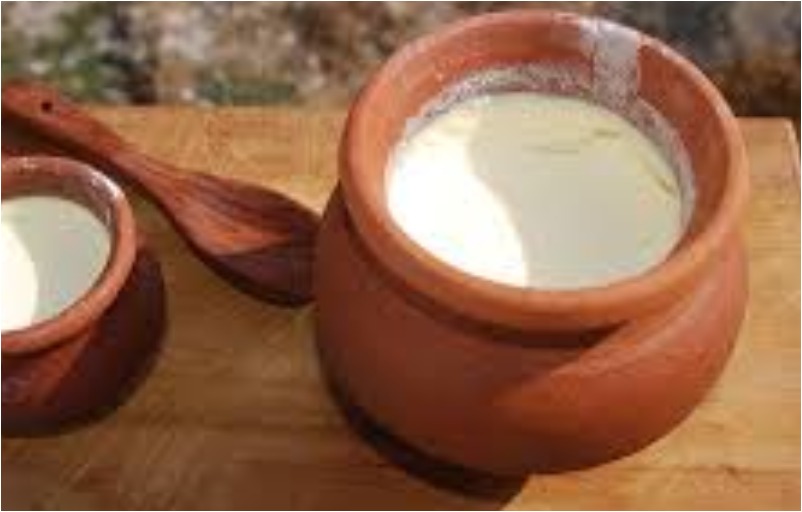
Curd is a popular dairy product made by fermenting milk with beneficial bacteria. It offers various health benefits and is a nutritious addition to one’s diet. Here are some of the nutritional benefits of eating curd:
- Protein: Curd is a good source of protein, which is essential for building and repairing tissues, maintaining muscle mass, and supporting various bodily functions.
- Probiotics: The fermentation process in curd leads to the presence of probiotics, which are beneficial bacteria that support gut health and aid digestion.
- Calcium: Curd is rich in calcium, promoting strong bones and teeth and playing a vital role in muscle and nerve function.
- Vitamin B12: Curd contains vitamin B12, which is crucial for red blood cell production and maintaining nerve health.
- Phosphorus: It is a good source of phosphorus, which is important for bone health and energy metabolism.
- Vitamin D: Some varieties of curd may be fortified with vitamin D, which aids in calcium absorption and supports overall health.
- Low Lactose Content: Curd is generally well-tolerated by individuals with lactose intolerance, as the fermentation process reduces lactose levels.
When choosing curd, opt for plain and unsweetened varieties, as flavored and sweetened options can contain added sugars. Additionally, some people may prefer to consume low-fat or non-fat curd to reduce calorie intake.
While curd can be a healthy addition to your diet, individual dietary needs and preferences vary. It’s always a good idea to consult with a registered dietitian or nutritionist to get personalized advice on how curd fits into your overall diet and nutrition plan.
